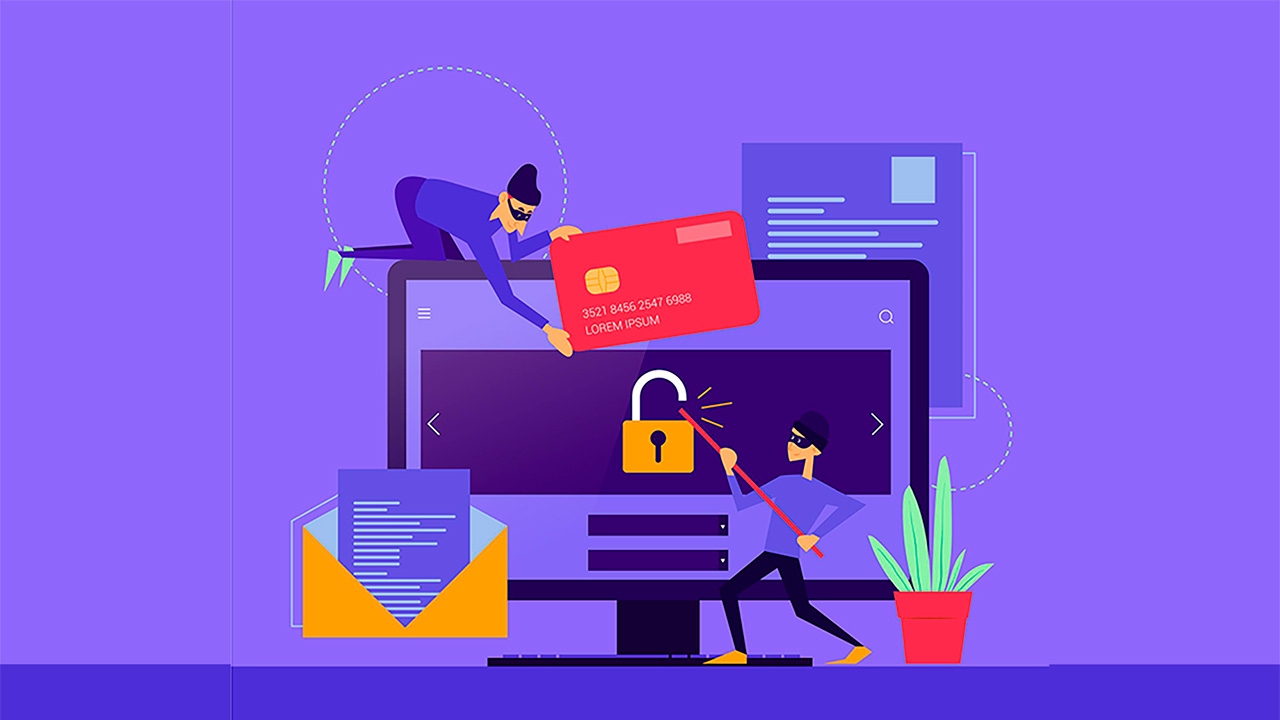Security in Digital Giving: Protecting Church Finances
As churches increasingly adopt digital giving platforms to accommodate modern donation preferences, ensuring the security of these systems becomes paramount. Protecting church finances and maintaining donor trust necessitates the implementation of comprehensive security measures and proactive fraud prevention strategies.
1. Choose PCI-Compliant Platforms
Select digital giving platforms that comply with Payment Card Industry Data Security Standards (PCI DSS). This compliance ensures the platform adheres to stringent security protocols, safeguarding sensitive donor information. Utilizing PCI-compliant services minimizes the risk of data breaches and fraud.
2. Implement Data Encryption
Ensure that all data transmitted through your giving platform is encrypted. Robust encryption protocols protect sensitive information during transmission, making it inaccessible to unauthorized parties. This measure is crucial for maintaining the confidentiality and integrity of donor data.
3. Enable Two-Factor Authentication (2FA)
Incorporate two-factor authentication into your digital giving processes. This adds an extra layer of security by requiring users to verify their identity through a secondary method, such as a code sent to their mobile device. Implementing 2FA significantly reduces the likelihood of unauthorized access.
4. Restrict Access to Authorized Users
Limit access to your online giving platforms to verified church members or authorized personnel. Requiring donors to log into an account before making a contribution helps prevent fraudulent activities by ensuring that only recognized individuals can interact with your system.
5. Regularly Monitor Transactions
Consistently review transaction reports to identify any unusual or unauthorized activities. Early detection of discrepancies allows for prompt action to mitigate potential fraud. Establishing routine monitoring practices is essential for maintaining financial integrity.
6. Educate Staff and Congregants
Provide training to staff and educate congregants about common fraud schemes, such as phishing attacks. Awareness and vigilance are key components in preventing fraudulent activities. Encouraging strong password practices and caution with unsolicited communications can further enhance security.
7. Utilize Advanced Security Systems
Consider implementing advanced security measures, such as app-based security systems, that offer dynamic and customizable protections tailored to your church’s specific needs. These systems can adapt to evolving threats, providing robust defenses against both physical and digital security challenges.
By adopting these comprehensive security strategies, your church can protect its financial resources, uphold donor trust, and ensure the integrity of its digital giving platforms.
editor's pick
News via Inbox
Stay ahead in the fast-evolving world of church technology with our Newsletter! By subscribing, you will gain access to a wealth of information and resources designed to keep you informed and empowered.






